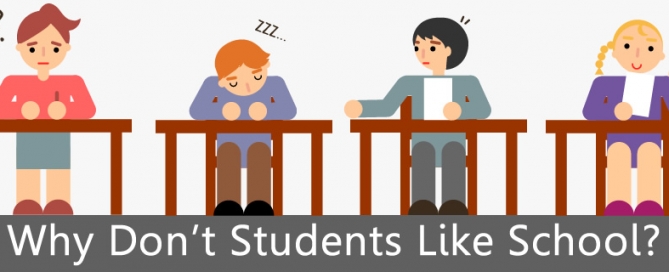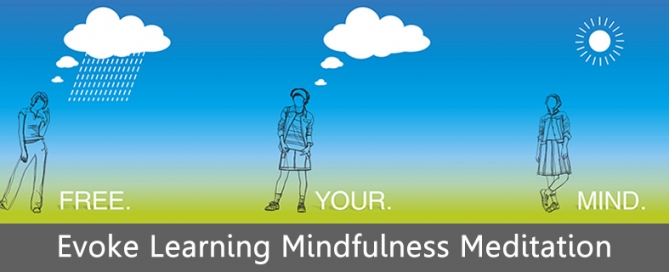September is back-to-school month and, if popular culture is any guide, children are getting excited about the new academic year and parents are feeling relieved to be returning to the old routine. But across the country, families who struggle to support students with ADHD, LD, and other exceptionalities are taking a deep breath and bracing themselves. For them, school is not fun. Those parents know they are in for nine months of prodding, pleading, organizing, meeting, and comforting on behalf of kids who dread the classroom. Why, they wonder, don’t their children enjoy school?
In his book Why Don’t Students Like School? cognitive scientist Daniel Willingham writes that current brain research on learning, memory and thinking supports strategies that can help make teachers more effective and engage their students. Research shows that children are naturally curious and understand new things in the context of facts they already know. The key, says Willingham, is to provide a balance of instruction that holds students’ interest, provides meaning and rationale, transfers facts from working memory into long-term memory and keeps problems challenging but solvable. The end result is that abstract thinking—applying themes and concepts to solve new problems—becomes possible and fun.
Parents and teachers can support their students by utilizing routines, engaging them emotionally, using storytelling, providing plenty of practice time, encouraging reading at an individual level, showing students what is important and what is not, changing the pace of instruction to accommodate and explore their interests, and providing kids with background knowledge that gives facts meaning and makes them stick. By applying our understanding of how the brain works, we can make the classroom work for all of our students.
')}



